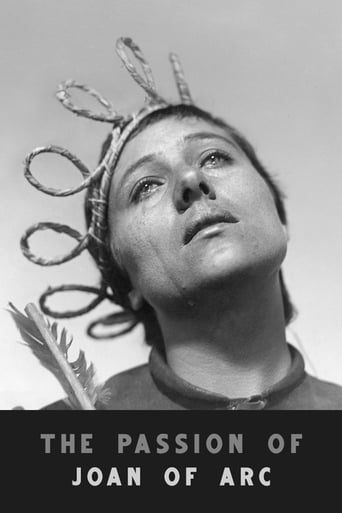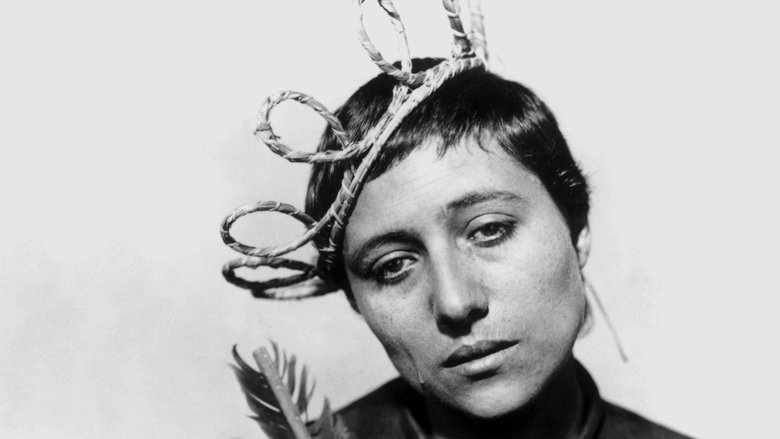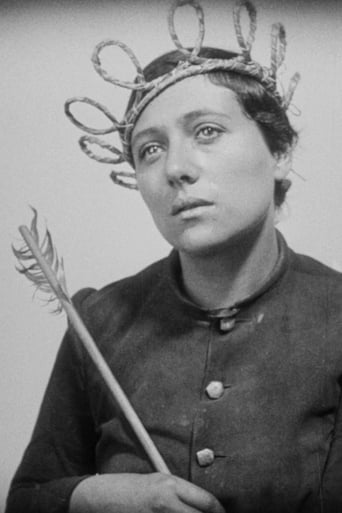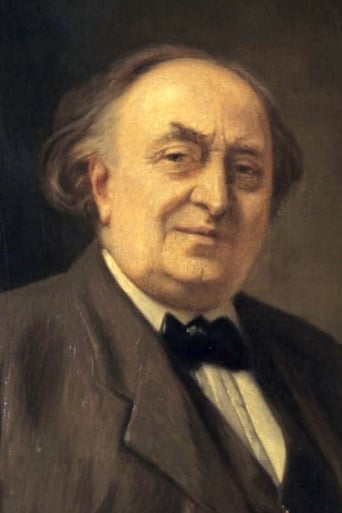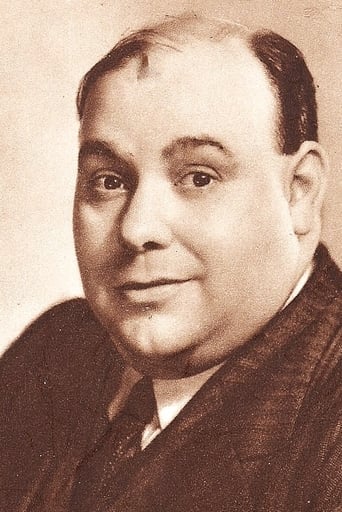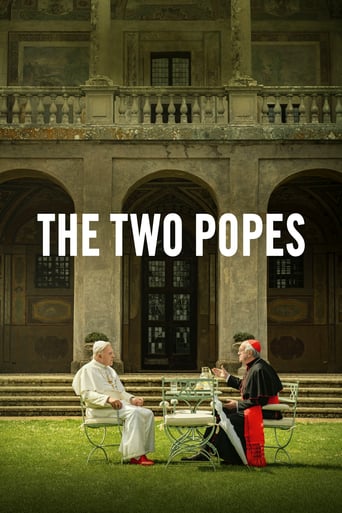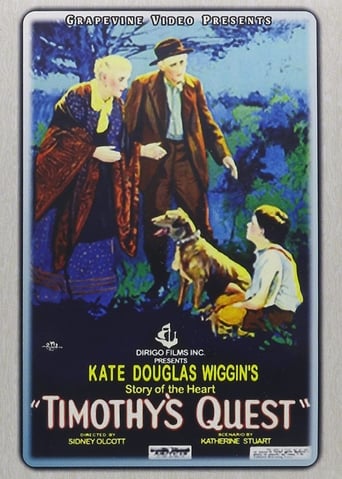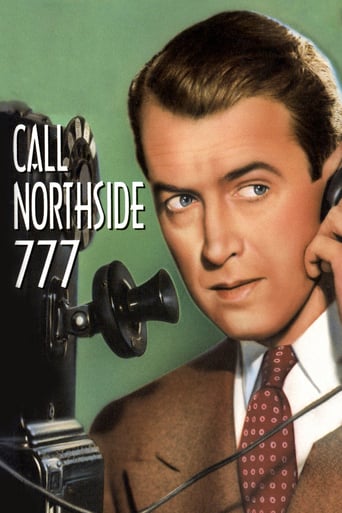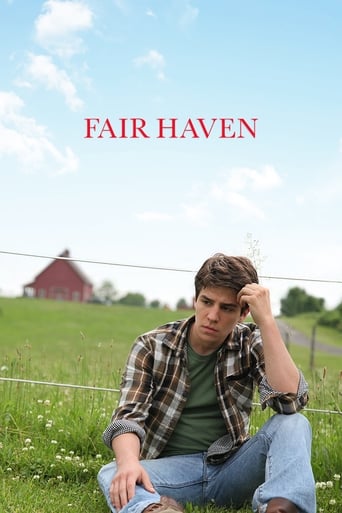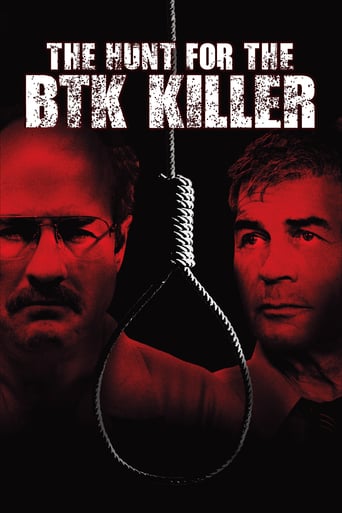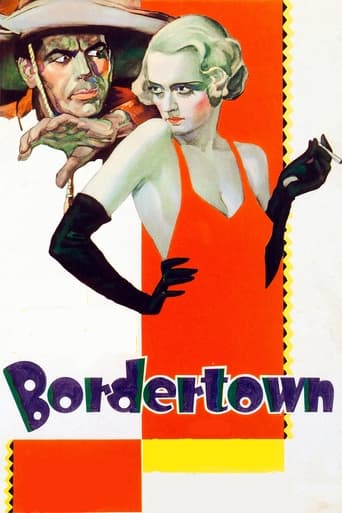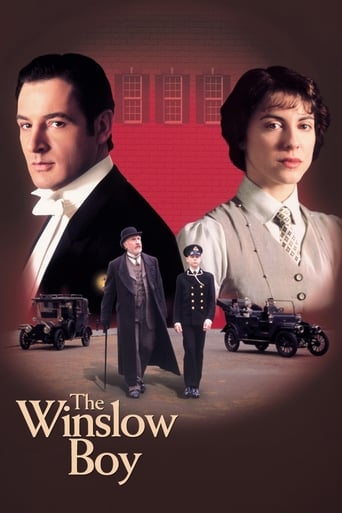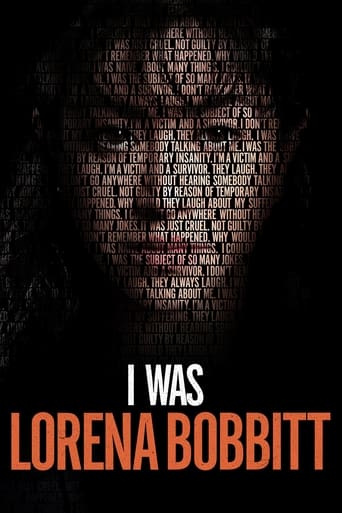The Passion of Joan of Arc (1929)
A classic of the silent age, this film tells the story of the doomed but ultimately canonized 15th-century teenage warrior. On trial for claiming she'd spoken to God, Jeanne d'Arc is subjected to inhumane treatment and scare tactics at the hands of church court officials. Initially bullied into changing her story, Jeanne eventually opts for what she sees as the truth. Her punishment, a famously brutal execution, earns her perpetual martyrdom.
Watch Trailer
Cast


Similar titles
Reviews
Great movie! If you want to be entertained and have a few good laughs, see this movie. The music is also very good,
When a movie has you begging for it to end not even half way through it's pure crap. We've all seen this movie and this characters millions of times, nothing new in it. Don't waste your time.
This is a must-see and one of the best documentaries - and films - of this year.
Worth seeing just to witness how winsome it is.
In 1431, Jeanne d'Arc is placed on trial on charges of heresy. The ecclesiastical jurists attempt to force Jeanne to recant her claims of holy visions. I really did not expect to like this movie but it was a pleasant suprise and i always found Jeanne D'Arc's story quite disturbing but also very interesting and this silent movie showcases that perfectly and especially the actress who portrays her does such a great job with her face emotions and it's really amazing. If you love to see a good silent movie definitely check this out it's brilliant and kinda disturbing too. (A+)
Expressive eyes, tense lips, closed mouth, and the stare that just looks ahead and farther away from the desolate mundanity to settle to the glorious chants of heaven, Maria Falconetti easily and without a doubt gives one of the best performances found in the era of silent film. The Passion of Joan of Arc is one of the most influential French films of its time, and still continues to inspire today. It focuses on the last days of Joan of Arc's life, and dives right into her trial immediately after being captured and accused of being a heretic.Being banned in multiple countries as it was controversial during their time, this film is a strong testament on how far human nature can go, how humanity can easily shift towards "sides" depending on number. Likewise, this film is a spiritual experience that explores the idea of faith, and how much sacrifice one can put in just trying to protect or restore one's beliefs. It doesn't show Joan of Arc prior to her days at the trial. It doesn't show her victories, her accomplishments, nor her success in leading the English out of France. Instead, it completely strips her to a character undergoing through a strong crisis as she goes through a questioning of fate that ultimately decides life or death.I have seen the version with music in it (and am currently interested in viewing the completely silent one), and it is truly transcendent. Considering the fact that it was done way back in 1928 impressed me, and the metaphysical journey that this may bring to the viewer—religious or not, may take one to utmost beauty, even up to the brink of tears. Personally, the psychological power of the close-up made me sympathize much more with Joan, and the fact that Falconetti only acted once in her entire life is just stunning. Even without words, Falconetti is still able to display a performance of outright vulnerability while still being confident and at one with God.As per usual with silent films, I still did have some problems with this, and these are more personal ones that I found affecting my entertainment value of the film. As great as this film was, I found this one to be a difficult watch not just because of it's bleak subject matter, but also because of the way it was shot. I do understand the power of the close-up and I actually praised it a while earlier, but for me, using it for most of the film's shots was a mistake. There were barely any background pans or shots to establish the character's placement, so it's quite difficult to follow the location of each, making it sometimes a burden to watch. The wooden transitions between each scene also made everything jarring and dizzying. It's easy enough to forgive the film as it was almost made a hundred years ago, but I found myself occasionally distracted enough to pause the film, which isn't a good thing.In all, The Passion of Joan of Arc is easily commendable because of the technological advancement in film it made during that time, but the low rewatchability and abusive use of close-ups make this a difficult recommendation. Maria Falconetti's passionate performance may still make this film worthwhile, and the influence that this had on preceding films stretches out over many generations, but basing this on entertainment value, this film doesn't really hit the mark and, at times, feels outdated.
it is the only film about Joan of Arc. because it is the only version who could recreates the atmosphere and the emotion. because the performance of Maria Falconetti can not have competitor. and, maybe, because Carl Dreyer gives more than a film but his swan song. it seems be an experiment. not only courageous but too profound for not be remarkable. but the foreground as basic tool, the white/black image, the dramatic fight for define the truth, the crown of Joan, the brilliant performance of Artaud, the costumes and the slow action are great instruments for create a perfect masterpiece. because The Passion of Joan of Arc escapes to definitions. it is a subtle , wise mix of history lesson and great motifs who defines humanity. and this does it a special event.
I simply agree that this is one of cinemas true masterpieces, I'm with those who consider it one of if not the greatest film.Two details that I always loved; when Joan sits in her cell taking comfort by staring at the image of the cross formed by the windowpane, then the priest who pretends to befriend her but intends to betray her walks in and his shadow covers the image of the cross - wow, is there a more haunting or effective use of imagery in all of film?Also, I appreciated how at the end when she was about to be killed the same priest looked down on her, unseen, and bowed and shook his head with an expression of true sorrow. I think that was such a profound scene, showing that, though not exactly one of the good guys, he didn't really want her to die, he respected her strength and faith, it showed he was human - I thought that was an amazing, great touch.Also I'd like to mention Richard Einhorn's inspirational soundtrack that matches the film so incredibly well that I can't imagine one without the other. I'd love to shake his hand and simply say 'Thank you! ...you lucky dog!" ;) ... to now and onward be associated with and part of this great film. First time I watched the film, the style of the soundtrack struck me, a new sound, but I was engrossed in the film to think much about it. Second time I watched it, the moment the music started I began to cry, to my surprise! It had left such an affect on me the first time, I didn't realize!

